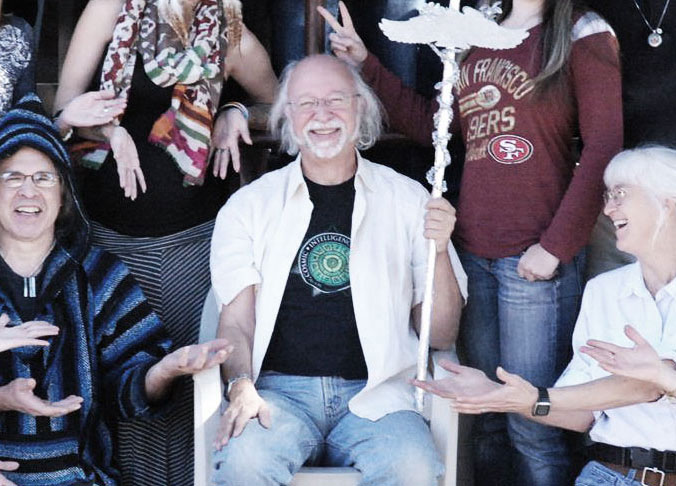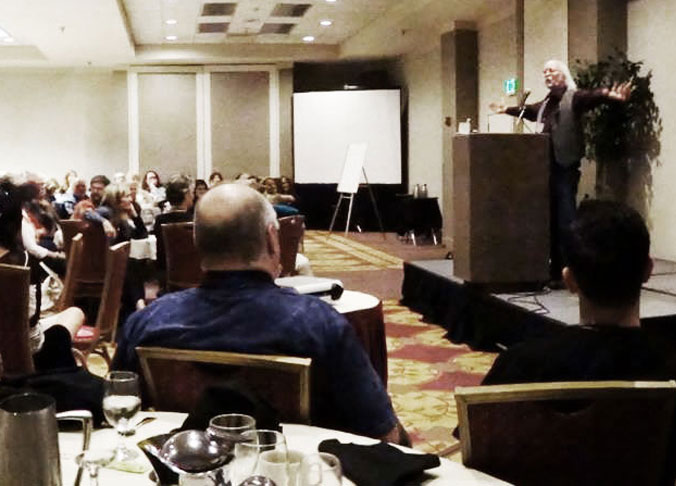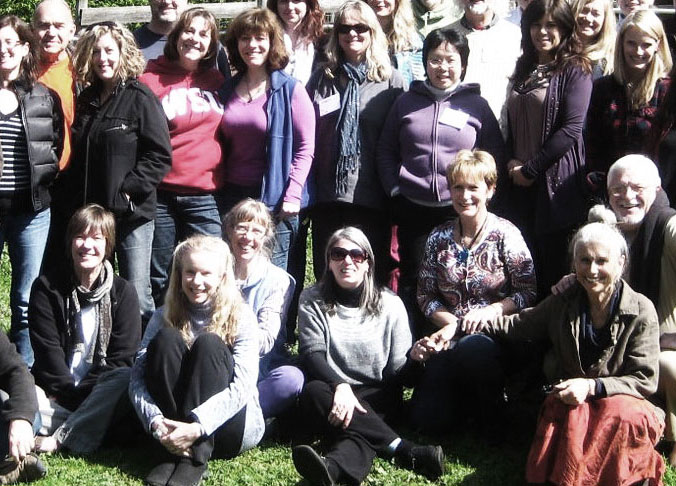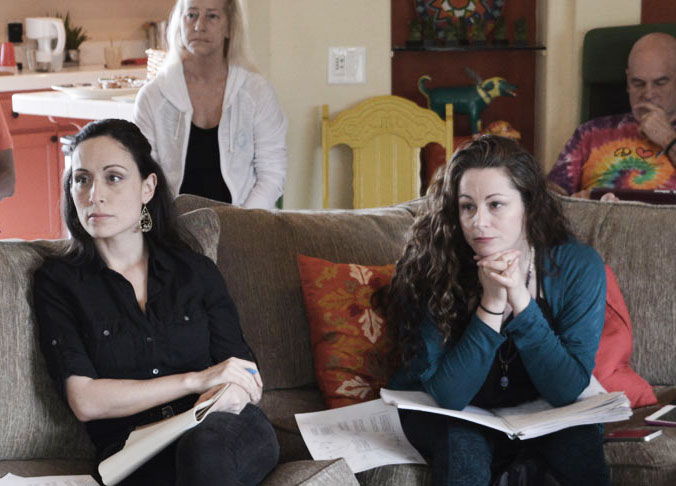The Path To Mastery
There’s an old Haiku – “Master has gone to the mountain, cloud-hidden, whereabouts unknown.” The astrological mountain is like that. No one can see the peak. Maybe it doesn’t even exist. Who can “master” astrology? Who, in other words, can “master” life?
Mastery, as we use the term in the FCEA, is a relative term. But we do use it, and so it behooves us to define it as rigorously as we can. So here we go:
“Astrological mastery, as defined by the Forrest Center for Evolutionary Astrology, means getting to a level of competence, confidence, and experience in which you can sit down with a stranger and the stranger’s chart and speak meaningfully and helpfully to that person for an hour or two, even if that stranger has chosen to share nothing personal with you until you have actually earned that kind of trust from him or her.”
It would be naíve and disingenuous to announce that anyone can reach that level of proficiency. Getting there requires hard work, something on par with going to medical school or becoming an effective mental health professional. And, just as not everyone is wired to be a successful athlete or musician, not everyone is wired emotionally, psychologically, and spiritually to become a master astrologer.
Still, if you are a caring person, blessed with intelligence and self-discipline, there is an excellent chance that the FCEA program can take you from zero to this kind of proficiency. You don’t need superpowers to succeed. You just need that caring, intelligence and self-discipline. Bring that, and we will supply the superpowers – because evolutionary astrology is a superpower.
 Back to the mountain we need to climb. Some of you will be starting your ascent from the valley floor, knowing essentially nothing about astrology beyond your Sun Sign. No problem. Welcome to the FCEA. We will hold your hand and monitor your progress all along the way. But many of you are already halfway up the mountain. What about you? Do you need to start at the bottom like the rank beginners? Maybe you already know that there are twelve signs in the Zodiac. So prove it. There’s your answer. The earliest foundational stages of the FCEA program involve a series of automated multiple choice tests. Take those exams, pass them, and you have placed out of basic training.
Back to the mountain we need to climb. Some of you will be starting your ascent from the valley floor, knowing essentially nothing about astrology beyond your Sun Sign. No problem. Welcome to the FCEA. We will hold your hand and monitor your progress all along the way. But many of you are already halfway up the mountain. What about you? Do you need to start at the bottom like the rank beginners? Maybe you already know that there are twelve signs in the Zodiac. So prove it. There’s your answer. The earliest foundational stages of the FCEA program involve a series of automated multiple choice tests. Take those exams, pass them, and you have placed out of basic training.
Never say that we are not into full disclosure: if you are indeed an advanced student of astrology, these exams will be annoying. On top of it, you will have to pay a small fee for the annoyance. Sorry – this just seems like the best solution we could find.
Going a little deeper, many times people “who have been practicing astrology for years” have come to Steven’s programs. He reports that these are often the most difficult students to teach. Their knowledge is valuable and hard-won, but their astrological mindset has often been shaped by more conventional approaches. “Transiting Saturn squared Venus when she got married, so of course the marriage was a mistake.” Breaking those kinds of habits can be difficult. People who have been immersed in other forms of astrology have much to learn, but also much to unlearn. Maybe that marriage failed because the woman in question failed to integrate more Saturnian maturity into her Venusian expectations of intimacy. Maybe an evolutionary astrologer could have helped her do that.
That is what we mean by astrological mastery.
If you have been studying, even practicing, other forms of astrology for decades, please consider starting right at the beginning. Because of the knowledge you already have earned, it will not take you long. To work in the context of evolutionary astrology, your vocabulary needs some rewiring.
As students become more advanced in the FCEA, we envision, above all, a commitment to ongoing education. Steven has much to teach, but we will also have much to teach each other. Some of you attaining FCEA mastery will choose to become teachers and tutors in the program, or outside the program. All of you are welcome to sit in a circle with your peers, exchanging notes, and enjoying the place you have earned in the counsel of wizards.




 With all of that understood, the student moves on to looking at the birthchart as an integrated, interactive whole – he or she learns
With all of that understood, the student moves on to looking at the birthchart as an integrated, interactive whole – he or she learns 
 Holders of either kind of certificate were able, if they chose, to be listed in a Directory on Steven’s popular website. Many built professional practices.
Holders of either kind of certificate were able, if they chose, to be listed in a Directory on Steven’s popular website. Many built professional practices.